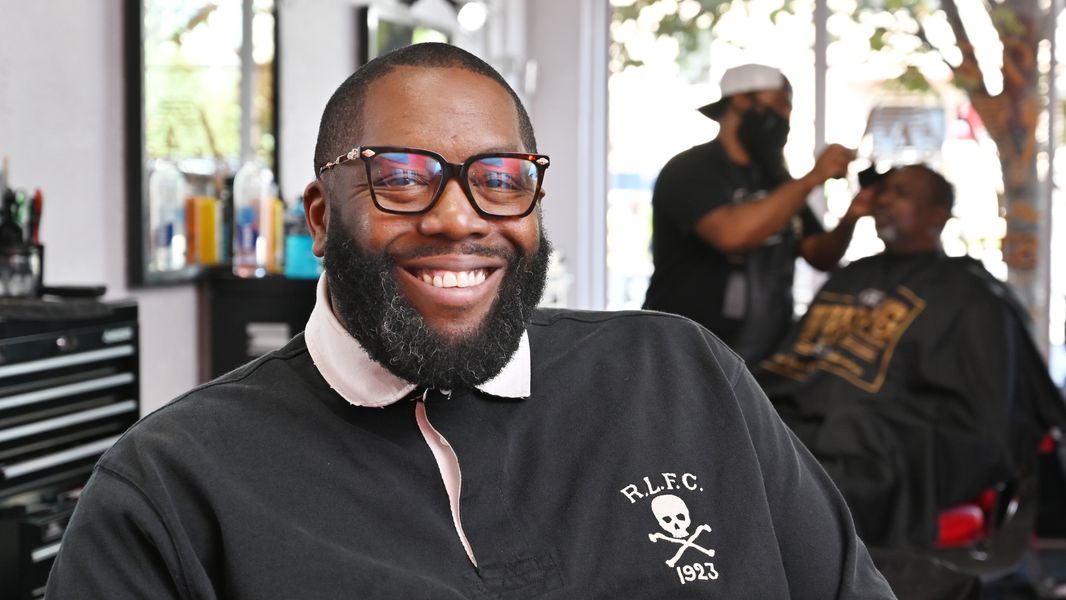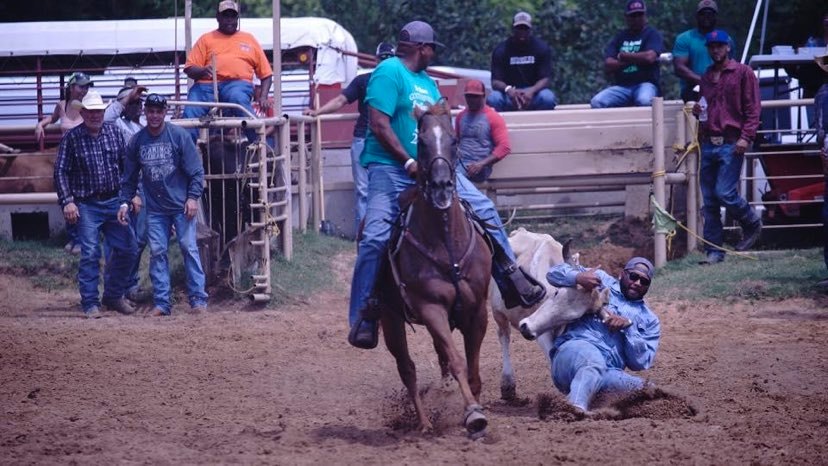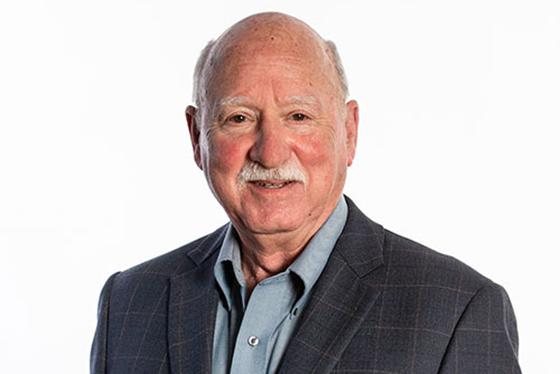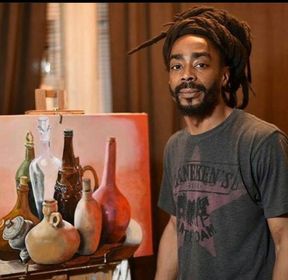
By Andy Peters, The Atlanta Journal-Constitution
Founders want to correct neglect of minority neighborhoods
Mike Render, better known as Killer Mike the rapper, political activist and restaurateur, has a new project: launching a digital bank.
The new company, Greenwood, aims to fill a gaping hole in the market — a digital bank aimed at Black people and Latinos backed by the Federal Deposit Insurance Corporation. The Atlanta bank begins accepting account applications Thursday via mobile phone app and website, though services won’t be available until next year.
Render, along with former Mayor Andrew Young and other partners, thinks banks have failed to reach communities of color, especially the Black community. The partners raised $3 million from private investors to address the historical bias that left a dearth of Black-owned banks.
Of the 5,066 federally insured banks in the U.S., only 20 are majority Black-owned, according to the FDIC. About 17% of Black households don’t have bank accounts, compared to 3% of white households, the FDIC said last October. Small businesses with Black owners are half as likely to obtain bank loans as whites, according to a 2020 Federal Reserve study.
It’s leaders think the bank will stand out. Its debit card is made from black-colored metal. It will charge lower fees than big banks to open new accounts. It will offer online training for basic skills in personal finance. The name, Greenwood, refers to the prosperous Tulsa, Oklahoma, neighborhood once known as the Black Wall Street before it was burned to the ground by a white mob in 1921.
“It’s shocking that a bank like this doesn’t already exist,” said John Hope Bryant, CEO of Operation HOPE, a nonprofit that helps unbanked consumers open checking accounts and improve credit scores.
Black consumers are underrepresented at traditional banks. Truist, Regions Bank and others have partnered with Atlanta-based Operation Hope to assign branch workers to help consumers of color open accounts and to provide financial literacy lessons.
Black people are also largely missing from the largest banks’ executive suites. Ameris Bank, the second-largest bank headquartered in Georgia with 2,600 employees, has a total of two Black directors and executives. To address the issue, the Atlanta-based bank in August named Karlene Gordon its first diversity and inclusion officer.
Greenwood has several Black executives, including co-founder and chairman Ryan Glover, founder of Bounce TV, and former Bank of America executive Aparicio Giddins. Render promoted Black-owned banks after the 2016 shootings of Black men in Minnesota and Texas.
He has been outspoken about racial justice during this year’s riots and protests. He met with Gov. Brian Kemp last month to discuss a push to increase minority participation in state contracts.
Greenwood sees an opportunity to collect deposits. Costco and Netflix pledged to shift millions of dollars in deposits to Black-owned banks. The U.S. Treasury Department encourages local governments to deposit money at minority-owned banks. Deposits are the lifeblood of any bank, fueling lending, where banks make most of their profits. Greenwood plans to originate small business loans, car loans and home mortgages.
“Georgia is a state that’s 30% African-American,” Render said. “We think we deserve 30% of the state’s deposits as well.”
Its products will include the Apple Pay and Android Pay digital wallets, and peer-to-peer money transfer services like Venmo.
Greenwood will use an unnamed larger bank’s regulatory charter to conduct business and access federal deposit insurance. It’s a common business model among digital banks like Chime and SoFi.
The new bank isn’t about just making a profit for Greenwood and its investors, Render said. Big banks will follow Greenwood’s lead, helping communities of color.
“The big banks are going to have to do things” to keep pace with Greenwood, he said. “That’s the beauty of capitalism.”










